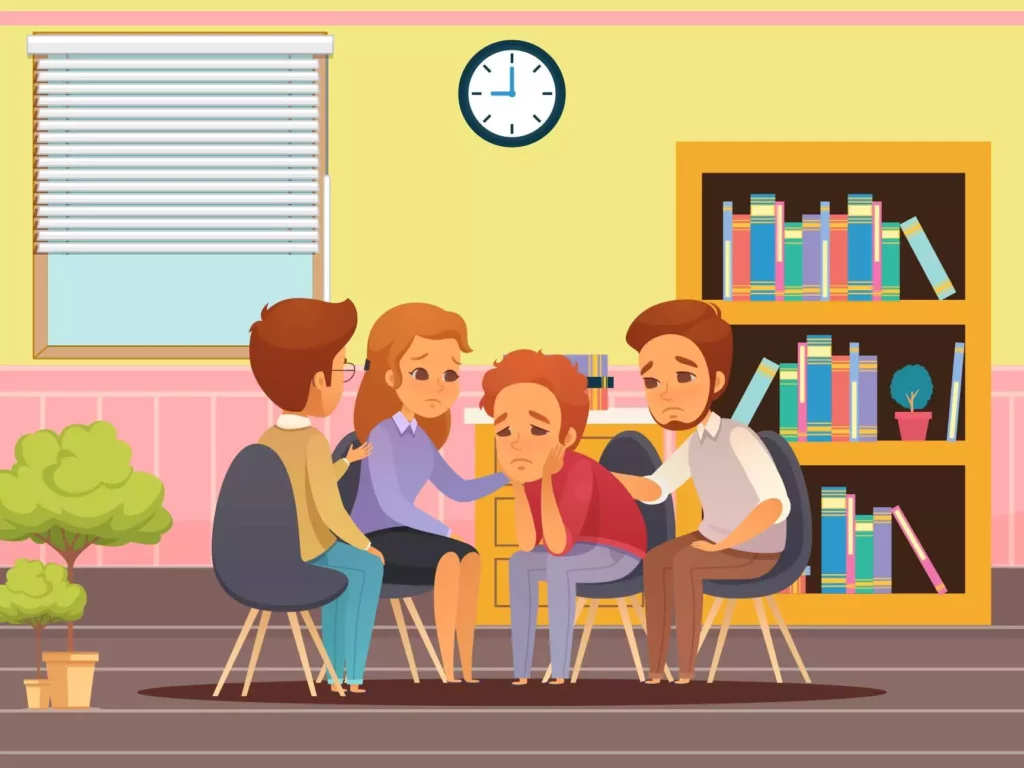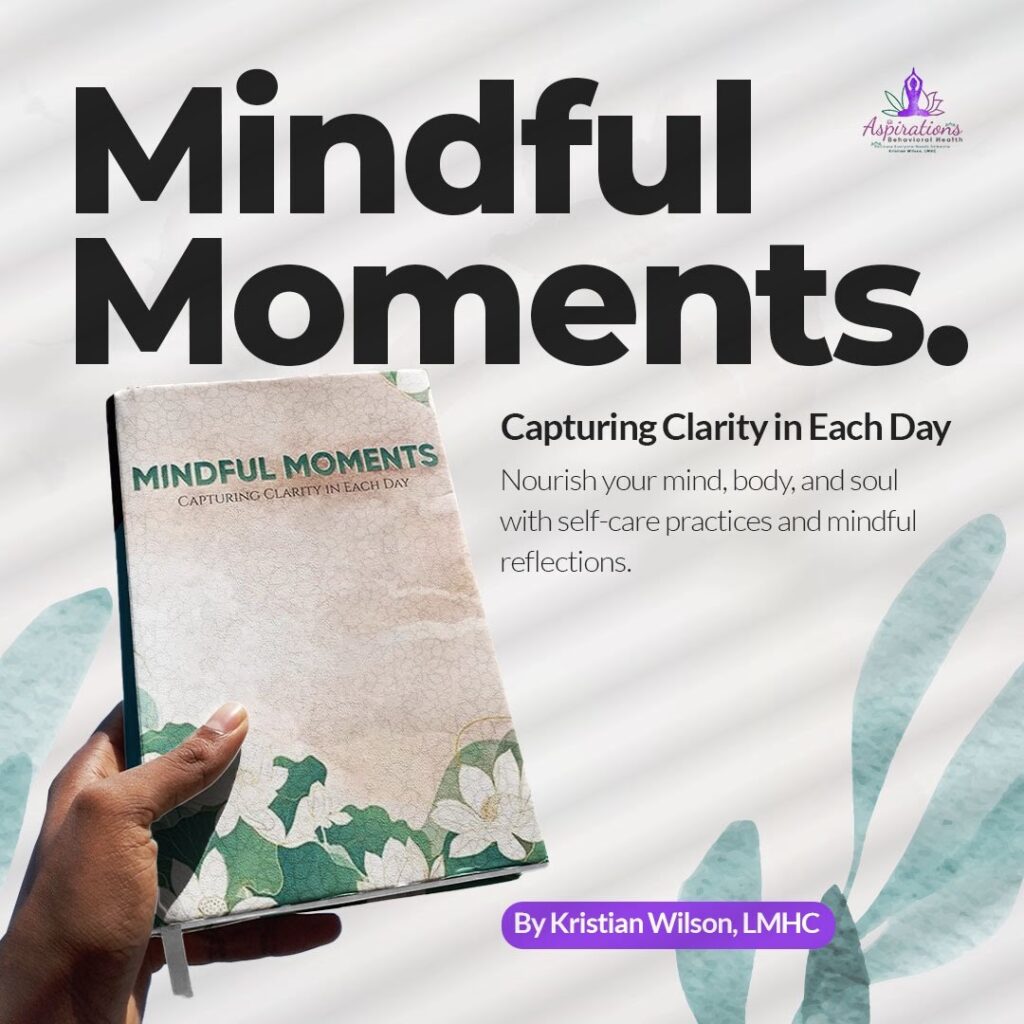What Is Peer Pressure?
Before we understand peer pressure, we must know what peers mean. Peers are the people you interact with, most of the same age as you. They may be your class fellows, colleagues, friends, etc. Peer pressure is when your peers influence you to behave or act a certain way. They pressure you in different ways, such as they might start ignoring you or treating you badly so that you feel left out. If you are with your friends who are indulging in any activity that you are unwilling to do, but they force you to join them, this is an example of peer pressure.
There are six types of peer pressure which are:
- Spoken Peer Pressure
- Unspoken Peer Pressure
- Direct Peer Pressure
- Indirect Peer Pressure
- Negative Peer Pressure
- Positive Peer Pressure
What Are the Effects of Peer Pressure?

The effects of peer pressure vary from person to person. Peers play a vital role in developing peer pressure in children and adolescents. Peers can be encouraging and supportive. They may positively impact you by encouraging you to study, prepare for tests, and avoid bad behaviors.
Some peer pressures, though, can also be harmful. Such peers frequently try to get you to do things you know could negatively affect you by threatening, pressuring, blackmailing, teasing, or taunting you. These so-called pals put you under pressure to adopt poor habits and support dangerous behaviors.
How Does Peer Pressure Affect Children and Young People’s Mental Health?

Peers play a vital role in the child’s emotional and social development. This influence starts at an early age and is continued until children’s teenage years. Over the increase, the intensity of this peer pressure increases in children and young people. Some peers are good as they motivate young children to study and work hard. Some bad peers also influence you to get into unethical activities such as taunting, bullying, drugs, smoking, prostitution, and many more.
Positive peer pressure benefits children and young people’s mental health by motivating them to work harder, perform better, and accomplish their goals. Positive peer pressure also helps in becoming a more confident person. While on the other hand, negative peer pressure can cause depression and anxiety.
How Can Children and Young People Deal With Peer Pressure?

Dealing with peer pressure is undoubtedly a challenging task. The way of dealing with peer pressure varies from person to person. It might seem hard for children and teenagers to deal with peer pressure because, to fit into society, they may indulge in ridiculous activities.
Have the Confidence to Walk Away:
Acceptance matters to us, and to be accepted in society, our peers influence us. Saying “NO” to our peers is the hardest thing to do. Teens should be confident enough to say no to negative peers. This can be done by boosting their confidence and praising the wise choices and decisions they make daily.
Look for Positive Peer “Partners”:
If you are friends with people who lack the confidence to refuse negative peers, force them to look for positive peers. If you are being asked to bully a classmate or bunk a period, look for a friend with the confidence to resist. When you look up to them, your willpower of resistance will automatically be enhanced.
Set Limits and Say No
Usually, teenagers don’t like saying “NO” to their peers. This is because they don’t want to ruin their friendship. Sometimes, saying “NO” will be the only option you will be left with because your peers might ask you to get into illegal or unethical activities and things. To deal with peer pressure, you should set limits and understand the importance of saying “NO” to your peers.
Develop Decision-Making Skills When it Comes to Peer Pressure
Developing decision-making skills when it comes to peer pressure is important. To develop decision-making skills in teens, parents will have to play their part because, sometimes, parents make decisions on their children’s behalf. Once a child develops decision-making skills, choosing the right path will become easier.
Ask Questions and Consider the Consequences
Asking questions is one of the techniques to handle peer pressure. Ask your positive peers whenever you feel you are in a tough situation and can’t decide what to do. This will help you take some pressure off your brain. Moreover, positive peers will come up with answers that may sound harsh, but they will show you the consequences of the activity. This will enable you to think creatively and make a better choice for yourself.
Talk to a Trusted Adult if They Feel Pressured
Despite having parents, if you still feel that peer pressure is too much to handle, keep in mind that you don’t have to deal with it all alone. You can share your problems with a trusted adult. It could be your sibling, your teacher, or your mentor. It’s okay to seek guidance from someone you trust blindly who can provide you with the best suggestions. Seeking help from a trusted adult is beneficial because they are more experienced and have the expertise to handle peer pressure effectively.
Conclusion
Peer pressure is something we all are going through or have gone through. It all depends on us how we deal with it. Negative peer pressure harms us, and we need to eliminate negative peers from our lives to grow and prosper, while positive peers help us improve our lives. It is always up to you what kind of peers you choose because, as they say, “A man is known by the company he keeps.”



